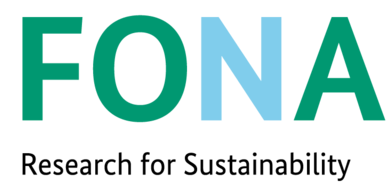A successful fieldwork campaign in Peru!

After a long pandemic-related wait, our scientists from WPs 5, 6, and 7 were finally able to visit Peru.
In May 2022, the interdisciplinary fieldwork included visits to our project partner IMARPE and in particular its coastal labs in Paita, Piura, and the Pisco/Paracas region, Ica.
Here, Michael Kriegl and Alonso del Solar (WP5), and Giovanni Romagnoni (WP6) carried out capacity building workshops regarding social-ecological network analysis using R and modeling coastal and pelagic systems through EcoPath with EcoSim.
Together with Sara Doolittle Llanos, María Garteizgogeascoa, Isabel Gonzáles and Prof. Gerardo Damonte from WP7, the team reached out to local stakeholders involved in several types of fisheries in the bays of Sechura and Independencia, and carried out social-ecological timeline workshops. The purpose of these workshops was twofold: First-hand accounts by artisanal fishers of the most impactful and transformative events in the bays throughout the last decades are fundamental to interpret the data the modelers are currently working with and to help contextualize any remaining uncertainties, as well as to point towards relevant questions for future research. Additionally, this type of workshop is central to the Humboldt Tipping project goals of knowledge exchange between scientists and other involved stakeholders. After all the information is analyzed, it will be returned to the stakeholders in a preferred format and contribute to the elaboration of a policy brief for decision makers.
In the final stretch of the fieldwork phase, the team traveled to IMARPE’s head office in Lima to present an overview of the preliminary results of the Humboldt Tipping project as well as the current state of WP5 and WP6 models, and to personally invite members of IMARPE to our project’s Final Symposium, taking place in Lima 26-28th September. More info on that soo


